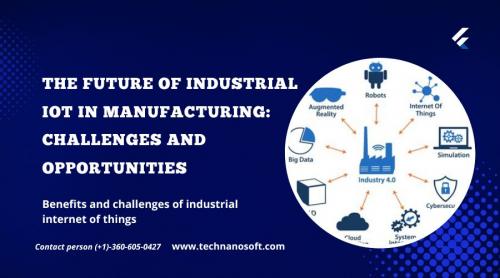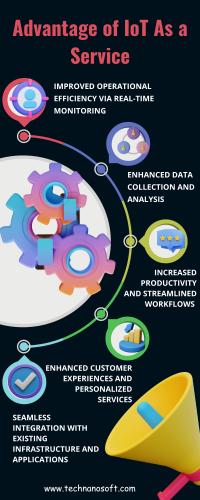The Future of Industrial IoT in Manufacturing: Challenges and Opportunities

Industrial IoT is on the rise, and manufacturers look to it for guidance in improving their processes and products. Iot manufacturing has several benefits, including increased efficiency and accuracy, improved customer service, and reduced costs. It can also help you become more self-reliant, allowing you to handle more tasks independently.
Challenges, Opportunities and Future Directions of Smart industrial internet of things
See here are some of the challenges and opportunities of the industrial internet of things in the following line:
Challenges:
a. Integration with legacy systems
b. Cybersecurity risks
c. Complex data management
d. Standardization across different devices and systems
a. Improved operational efficiency
b. Predictive maintenance
c. Increased automation
d. Real-time monitoring and decision-making
e. Enhanced customer experience through personalized products and services.
Future of iot in Manufacturing Industry
The future of industrial iot platform in the manufacturing industry increased automation and optimization, resulting in higher efficiency and reduced downtime. Key areas of development include:
Predictive maintenance - Using data and machine learning to predict equipment failures before they occur.
Real-time tracking - Using sensors and edge computing to track the real-time location, condition, and performance of assets.
Intelligent supply chain management - integrating IoT devices and data analytics to optimize supply chain operations.
Human-machine collaboration - using wearable technology and AR/VR to enhance the cooperation between workers and machines.
Energy management uses IoT sensors and data analysis to optimize energy usage in manufacturing processes.
Overall, industrial IoT has the potential to revolutionize manufacturing by bringing greater efficiency, improved safety, and reduced costs to the industry.














Comments